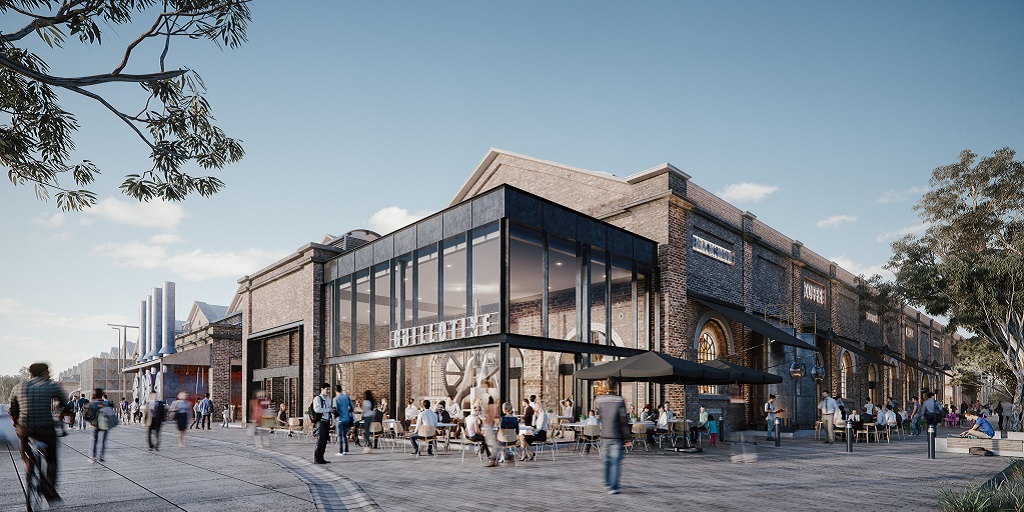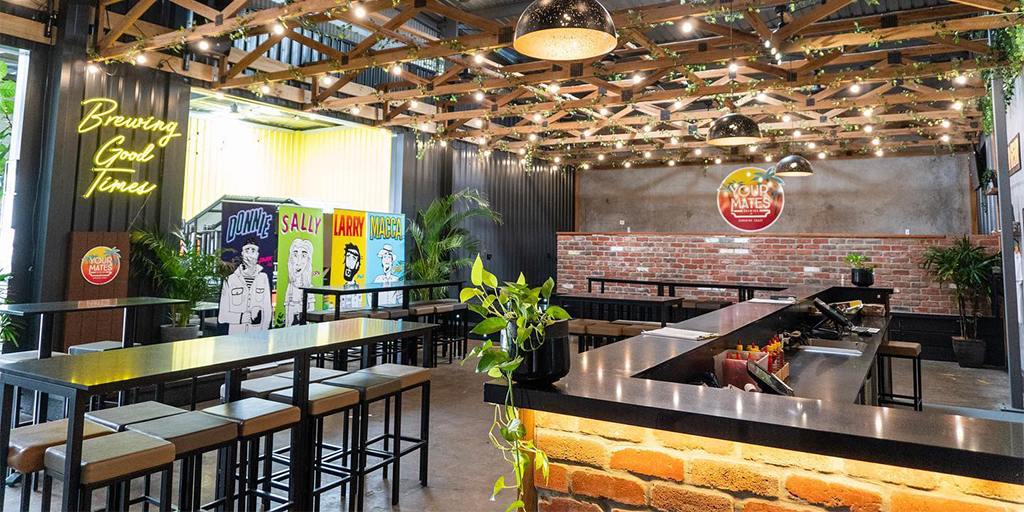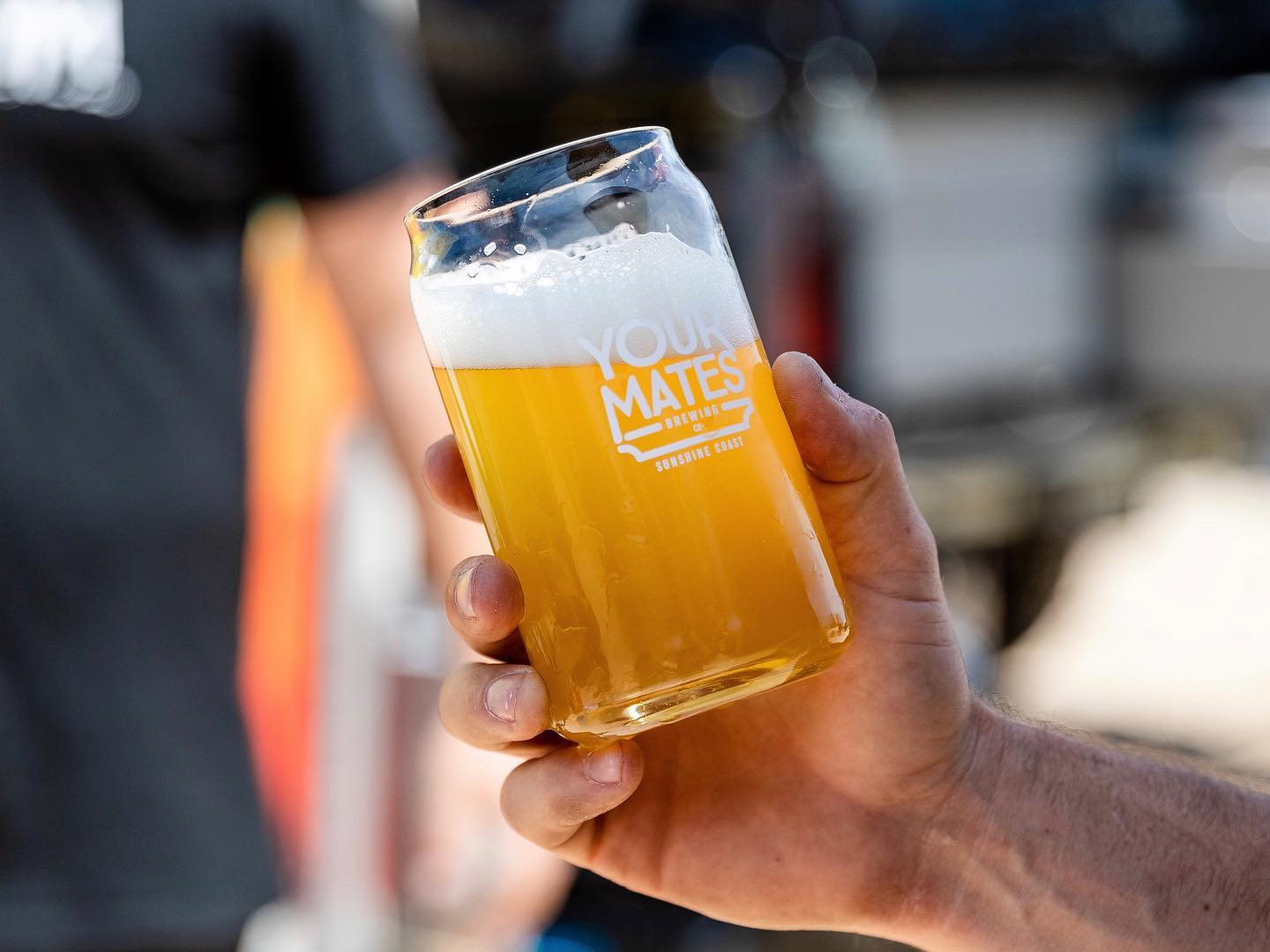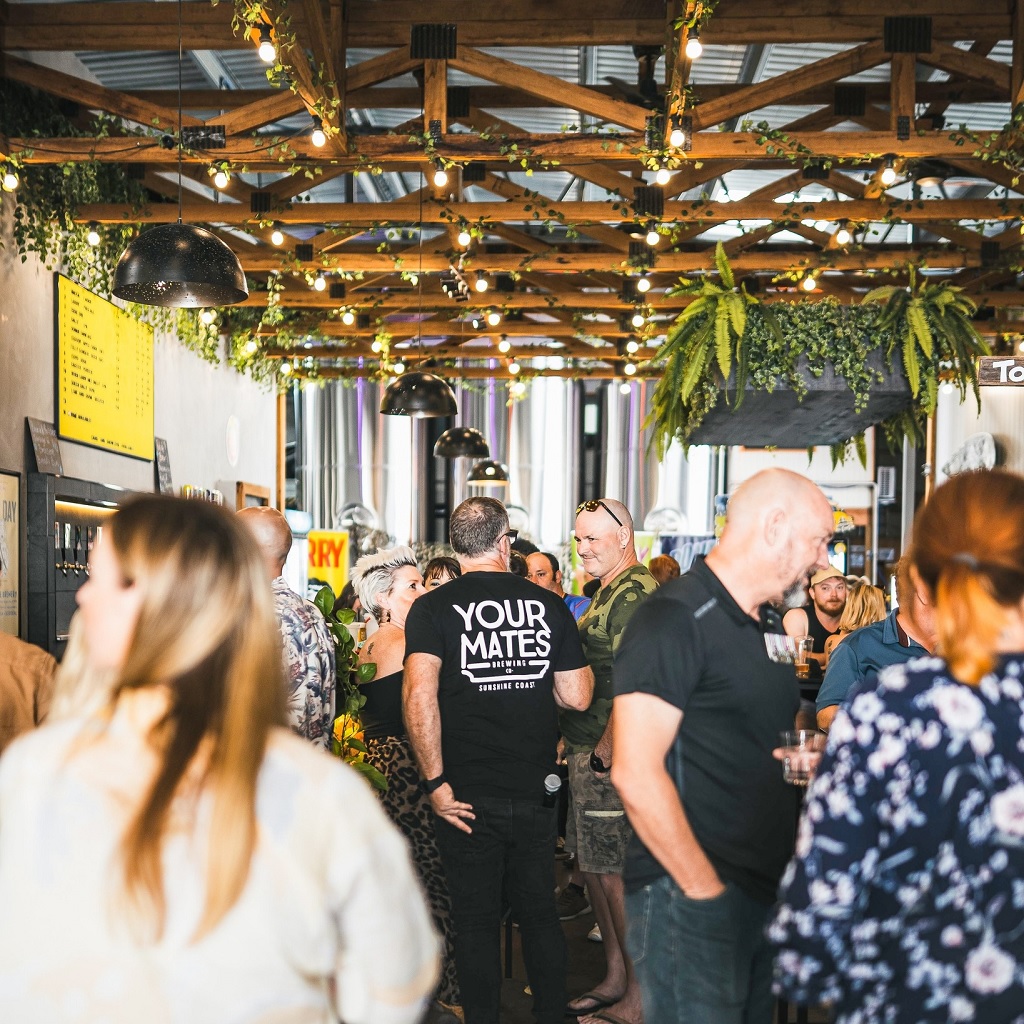
Multi-venue models in the spotlight as industry grows

BrewDog announced its latest venture in Sydney last week as the Scottish behemoth expands, putting the spotlight on the options for multi-venue models for Australia’s breweries.
But whether you outsource your venues to a professional venue company like BrewDog has with Australian Venue Co., keep your venues in-house like Ballistic Beer Co., or expand in other ways like Your Mates, there are risks and challenges to face.
BrewDog will be opening Melbourne and Brisbane Fortitude Valley sites at the end of next month, and then Sydney at the end of November. Only its Murarrie and Fortitude Valley sites in Brisbane will be directly controlled by BrewDog, with the others operating as joint AVC venues.
This is not a new experience for BrewDog of course, which has franchise agreements in place in Germany for three of its bars, multiple franchise BrewDog bars in the UK, and a franchise partner in India as well, where the Scottish brewers plan to open 10 bars in the coming years with two already open.
This model might bring the BrewDog brand further afield faster, but it will also impact its employee share and profit sharing initiatives, as they will only be available to workers directly employed by BrewDog.
“The latest one is BrewDog South Eveleigh, it’s an amazing location for us to manage in conjunction with AVC and get somewhere relatively central,” explained BrewDog’s head of Australian operations, Calvin McDonald.
“To go from one BrewDog site currently, to four BrewDog sites by the end of the year is huge for the hospitality business and huge for the brewery in terms of the hectolitres we’ll be able to put through our own sites.”
Doing what’s right for the business
Of course, BrewDog has the benefit of global experience and the funds of a multinational brewery behind it. Australia’s brewing industry can learn from the experience of the franchise models which BrewDog has developed, but inevitably, other breweries will adopt different trajectories as they look for growth.
One of these breweries is Your Mates Brewing Co., part of the thriving Sunshine Coast craft beer scene whose beers are a staple of the GABS Hottest 100.
Plans were launched in March 2021 to open a new brewery at a separate location to their existing site in Warana. But when the opportunity arose to expand next door, founders Christen McGarry and Matt Hepburn made the choice that was best for their business.
“We’re the luckiest guys in the world – the shed next door to the current brewhouse came available for lease a few months ago. As you know we’ve been looking for another site for a while now, and we hadn’t found that perfect spot.”
The additional site will provide 2,000 sqm of production space, leaving more room for the taproom next door to expand. It’s an ambitious project but not necessarily the one they had intended when launching expansion plans 18 months ago.
“We do have big dreams for the business – but also if we were going to go somewhere else and find a site external to this business, we will have the full shebang.
“We know how much goes into setting these things up… this is a much more manageable piece of the pie to bite off. We saw this as a better decision for us with cash flow, and risk wise as well. Because you want to do it properly, but it costs a lot of money to do it properly.”
The decision was also made based on Your Mates’ strategic goals, McGarry explained.
“As we grow and move our beers further, that’s where we have identified that the true costs of growing lie, in moving more beer further. The fewer times we can move the beer, the better it is for efficiency and profitability of the business.”
Opening another site can be a huge strain on a business as well, having to practically double everything, including effort and capital.
“We’re at that stage where we’ve got a huge investment into the business and a huge team and every decision we make has an impact on everyone and we don’t take that lightly.”
A venue may be on the cards one day, but expanding production was the main aim of the expansion, he said.
“The taproom is a huge part of our identity and our business, it’s really been the tool that’s allowed us to grow and self fund our growth so far.
“We can’t rule out that we won’t go down that track [of launching a venue] one day but right now we are interested in that extra capacity, making more beer and selling more beer.”
Choosing a multi-venue model
To be able to launch a new venue in the first instance you have to have the supply and be able to withstand the demand pressures of a new site.
“We’ve got four 100hL fermentation vessels sitting in the car park which would double our capacity,” explained BrewDog Australian general manager Ed Bott.
“That will instantly give us the headspace to supply these bars. If we didn’t have that we would definitely be out based on current capacity, because with the taprooms growth and distribution and retail growth that’s going really well for us.
“At the moment our taproom is still our biggest source of volume, and to triple that overnight just fuels everything we want to do and builds the launchpad for distribution into Victoria and New South Wales.”
Once you’re able to handle the supply, there are multiple ways to approach the multi-venue strategy. The hybrid franchise model that BrewDog is undertaking has multiple benefits – particularly when there is only a small team available to manage the venue operations.
“We’re not ruling out doing more sites in house,” explained Calvin McDonald. “I’m still working on growing our managed portfolio, but the opportunity to work with AVC just suited both parties so perfectly.
“We’ve got a huge desire to expand and increase our presence and make great beer available in every place that we can, and working with AVC allows us to expedite that. Our small team is pretty much me! So it allows us to do what we want to do, but much much quicker.”
When it comes to launching a new site, there is a fine line to walk between the cut-and-paste model of major franchises in the food and beverage world and adapting your offering to the locality.
David Kerr, a tutor in hospitality and management at the William Angliss Institute said that leveraging an existing brand made sense, given the costs of setting up an entirely new one.
“Once one venue is established and profitable, it makes good sense to replicate the branding and company concept in a new one.
“You can leverage your existing customer base and incentivise them to try the new venue. Social media followers can be informed of the new venue and be invited to pre-opening or opening events to build loyalty.
“You would only set up separate branding if you had data from customer research that suggested the existing concept would not be viable in the new location or you were establishing the concept with a view to sell one and not the other.”
But there are tricks of the trade to ensure brand consistency across sites.
“The best way to achieve consistency is to design it in. Use the same architecture and interior design companies across the venues. Stomping Ground as an example.
“They used Placeformspace with Studio Y to transform two very different industrial buildings into brewery experience concepts. The clever use of recycled materials gives both sites a look of being well established in very different aged building envelopes.
“Consistent signage and imagery also help to keep a common thread between venues.
“Once a business achieves a scale with multiple venues, it is essential to have documented vision and mission statements, brand values and standard operating procedures to achieve a consistent service approach.
“It takes a bit of time up front to write all the documents but saves lots of time in the long run as it means you can delegate training to others and achieve consistency.”
This focus on consistency needs to be brought into other areas of the business as well as it expands, Kerr explained.
“Having consistency with the concept and service provision is an advantage as it means your staff can comfortably work in both venues and it gives customers confidence with the product if they are a customer of both venues.
“Culture is really about sharing the company’s vision, mission and values with the staff. Carefully write these documents and train the staff so all share the concept and service ethos.”
Hear more about multi-venues on the Radio Brews News podcast channel with Lauren Jack, chief operations officer at Ballistic Beer Co.
BrewDog is of course very experienced in bringing its brand to other places.
“There are things that have made us a global success and things we want to protect. So we can apply these kinds of design features and service features to a venue that AVC can develop in conjunction with us,” explained BrewDog’s Calvin McDonald.
“We’ve talked a lot about how we implement our service standards. There will be slight tailoring of our service standards and cycle, or what we do in London and what we do in Melbourne, based upon what the local demographic would expect, and what they judge great service to be.
“In the UK, for example, very little of our ordering goes through app ordering, whereas in Australia, if you go into any bar or pub you’ll have an app ordering option. It’s about being flexible and open to what the local consumers demand. But it always comes back to making sure our product is great.
“We have our ears open to scepticism about rolling out worldwide, is it too much one size fits all, there are great breweries in Australia so where does BrewDog fit in this?
“And we’re cognisant of all of that, but as long as every time we open, the beers are amazing, the food is amazing, the service is fantastic, those are the fundamentals of what we do.
“As long as we don’t deviate from that, we’re confident that these are the things that will lead the way in the business and we can insert those ethics into really cool venues with a local twist that will stand us in good stead long term.”






